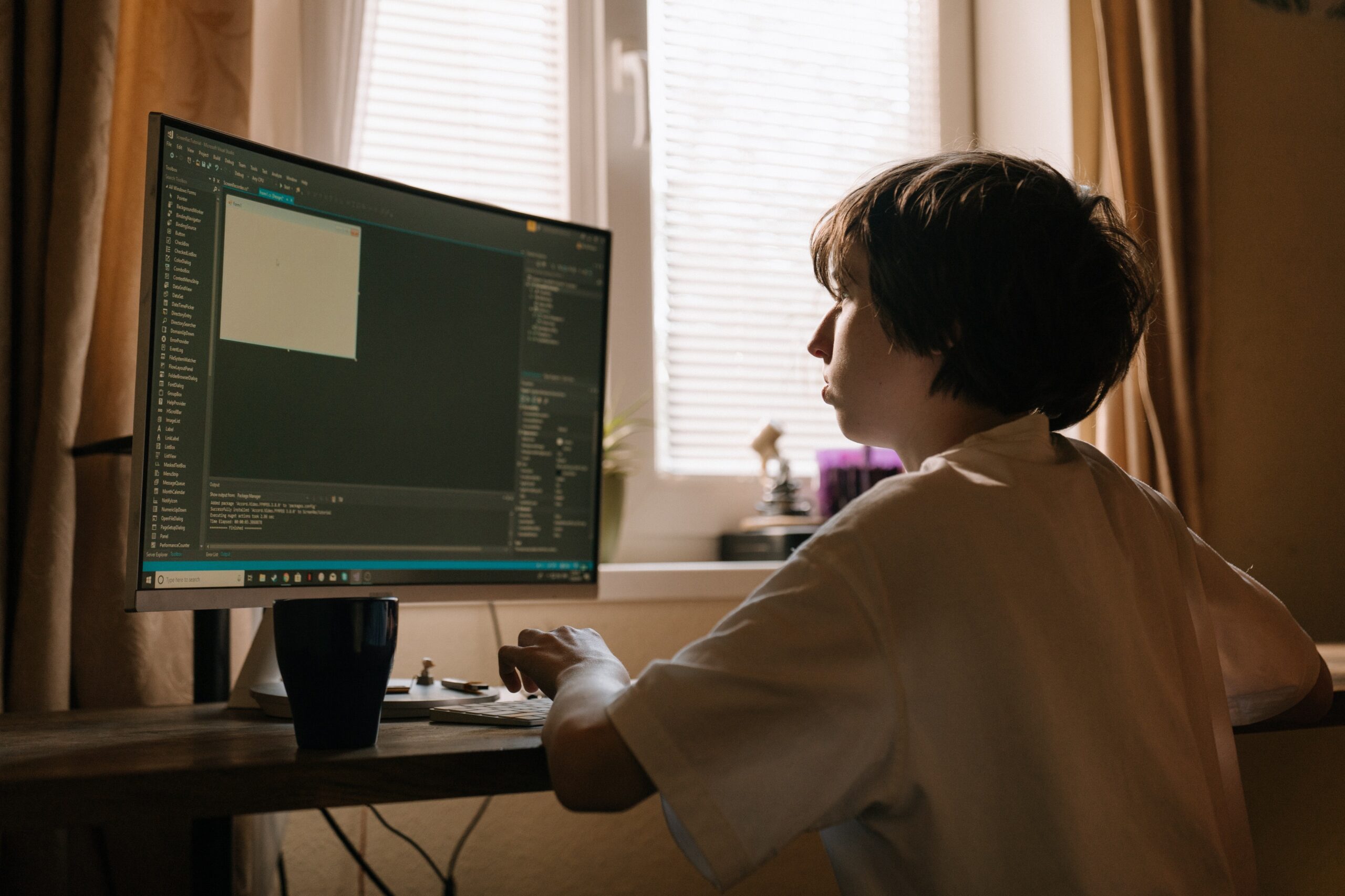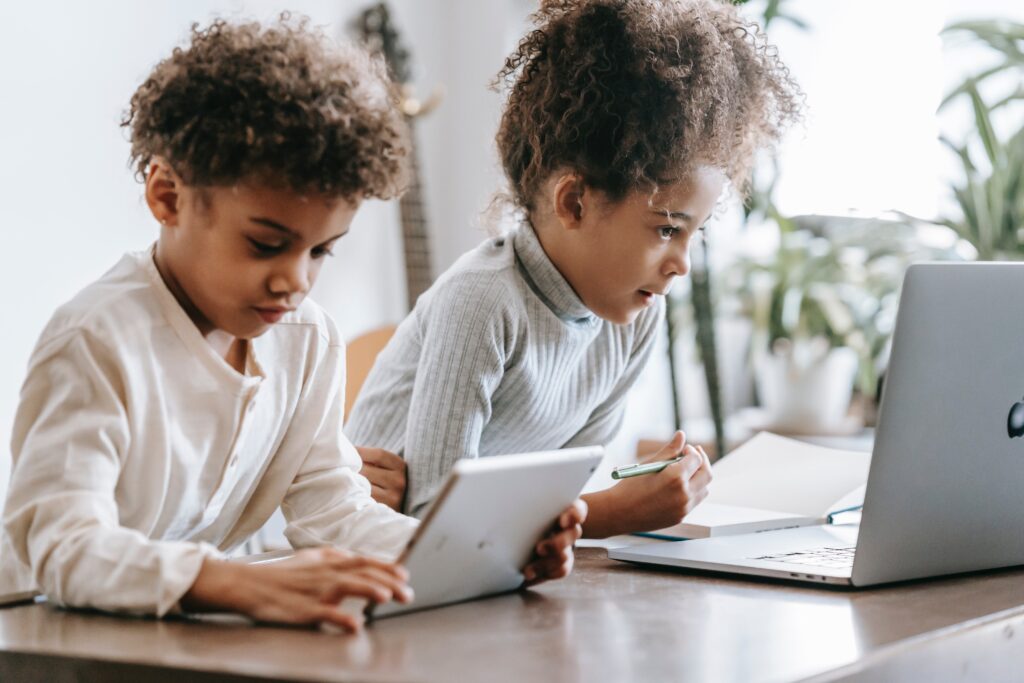Coding is a skill that kids can start learning at any age, and kids can use coding as an opportunity to develop their logical and problem-solving skills. Programming involves more than just writing lines of code”” it requires understanding concepts such as loops, conditionals, variables, functions, algorithms, and more. As a result, teaching kids to code helps them think critically and become better problem solvers.
Here are some of the ways coding can help kids boost their logical and problem-solving skills.
1) Coding requires a kid to be analytical.
Being analytical is an important part of logical thinking. It helps people understand what something means by breaking down its components into smaller parts. When you’re analyzing a situation or problem, you look at it from different angles and figure out what makes it work. Kids who learn how to code need to analyze situations to see what they should do next. They need to carefully analyze how a programming language works and later apply what they know to create a website or an app.
2) Kids will learn how to pay attention to detail.
Kids who learn how to code need to pay close attention to detail. If they’re not detail-oriented, their programs may not work correctly, or they may run into errors. Kids need to focus on what each line of code means and how they all work together. Being detail-oriented is a part of being a good problem solver because you don’t rush through things; instead, you take your time and make sure everything is done right.
3) Coding improves a child’s memory.
When learning how to code, kids need to remember variables, loops, conditionals, functions, etc. This strengthens a child’s short-term memory, which is an essential component for learners. Coding is an intensive cognitive skill – and when kids regularly engage in intensive cognitive skills, they’re able to strengthen their memory. As a result, kids are better equipped to handle information efficiently so they can solve more complex problems.
4) Children are constantly challenged.
Learning how to code teaches kids to recognize patterns, find similarities between different situations, and use logic to develop solutions. All of these traits contribute to their problem-solving skills. And since learning how to code is an ever-changing process, kids need to constantly challenge themselves and try different approaches. Through this constant adaptation, kids are more equipped for future challenges.
5) Coding teaches kids creativity.
Creating new ideas and finding unique ways to approach a problem is a critical aspect of being successful in life. Learning how to code helps kids develop their creativity, allowing them to experiment with different ways of solving problems. When writing code, kids are given a platform to express their creativity. They have the freedom to design or add features that they want on a website or app, encouraging them to think outside of the box.
6) Kids learn how to take risks.
Taking risks is part of developing your logical and problem-solving skills. When writing code, kids need to learn how to take risks. They have to risk failure in order to gain success. When a part of their code doesn’t work right, they have to keep trying until they get it right. Learning how to code requires a lot of patience and persistence as well. As a result, coding helps children overcome obstacles and take calculated risks to achieve goals.
7) Coding develops confidence in kids.
Learning how to code provides kids with a sense of accomplishment and pride, improving their self-confidence. You may ask how self-confidence boosts your child’s potential as a learner? The answer is simple: confidence makes people feel capable. And by allowing kids to realize their capabilities, they start to believe in themselves. In addition, coding gives kids exposure to other types of activities.
8) Coding promotes a non-traditional method of learning.
Coding involves a lot of hands-on work. It requires kids to be actively involved in the process. Because coding is such a visual activity, kids need to see concepts and processes in action rather than just read about them. As a result, learning how to code is also a great way for kids with learning disabilities to improve their focus and attention span. Evaluating a child with learning disabilities can be difficult through traditional schooling or standardized tests. But with coding, kids can hone their skills through hands-on experience.
The Bottom Line
Learning how to code can make a significant impact on kids’ lives. Not only will coding teach them how to think critically, but it will also provide them with valuable skills that they can use for a lifetime. The best part about coding is that there are various ways to learn this skill. You can choose from online courses, video tutorials, or even coding boot camps. Whatever method you choose, there’s no doubt that coding will open up new worlds and opportunities for your child.
About the Author: Bash Sarmiento is a writer and an educator from Manila. He writes in the education, lifestyle, and health realms. His academic background and extensive experience in teaching, textbook evaluation, business management, and travelling are translated into his works.


















